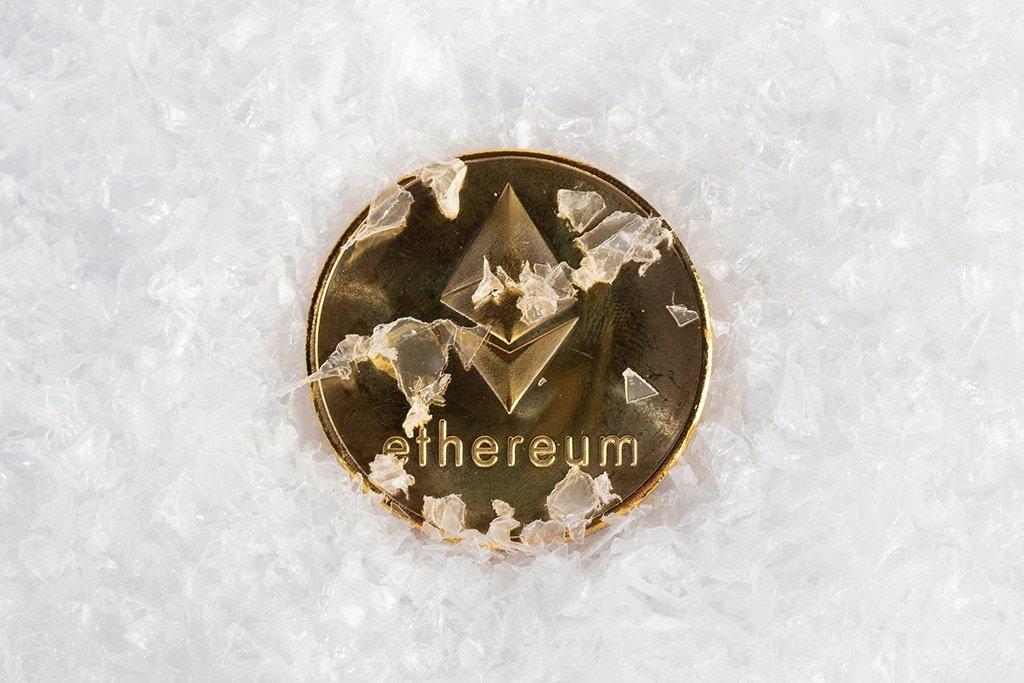
Ethereum Successfully Implements Gray Glacier Hard Fork to Extend Difficulty Bomb by 700,000 Blocks
The Ethereum Network’s Gray Glacier implementation has delayed the difficulty bomb till November, the tentative target for the switch to PoS.

The Ethereum Network’s Gray Glacier implementation has delayed the difficulty bomb till November, the tentative target for the switch to PoS.

Ether, the second-largest cryptocurrency, extended its range for the new year to turn lower for the first part of the day, bypassing the upward trend set by most other major digital assets.

With the exception of crypto rallies, Ethereum requires a pattern over the price level of $120 on the daily basis.

Istanbul is Ethereum’s eighth hard fork that comes with six Ethereum Improvement Proposals (EIPs), including EIPs 152, 1108, 1344, 1844, 2028 and 2200.

Having launched its own digital asset, JPMorgan Chase is now exploring the capacities of a new Ethereum privacy tech AZTEC based on zero-knowledge proofs.

After two delays, the Constantinople and St. Petersburg hard forks have finally gone live. With this release, four different Ethereum improvement proposals (EIPs) have been officially activated.

In less than 12 hours, Constantinople and St. Petersburg hard forks will go live. But before any network upgrades are applied to the main network, they take place on test networks, such as Ropsten.

Though the Constantinople hard fork has been already postponed twice now it is expected to occur together with the St. Petersburg upgrade this week.

While that the cryptocurrency industry is going through a very rough phase, here are the five events expected to set the growth trajectory of the crypto market in 2019.

During the latest developer meeting, the core team agreed to adopt a “two-fork” to implement Constantinople safely on the Ethereum network.

ChianSecurity discovered a new bug in Ethereum Constantinople upgrade that would allow attackers to exploit the hard fork software code and continuously withdraw user funds.

Binance has confirmed support for the upcoming Ethereum Constantinople hard fork and said it will “handle all technical requirements.”

Though this year hasn’t been the best one for Ethereum, everything may change in 2019 after a long-awaited Constantinople upgrade.

Geth, the standalone client version of Go Ethereum, has been updated such that it supports the changes needed for the Constantinople upgrade planned by Ethereum core developers to take place in January 2019.

During the latest developers’ meet, the team members looked confident about the release of Constantinople hard fork by mid of January 2019.